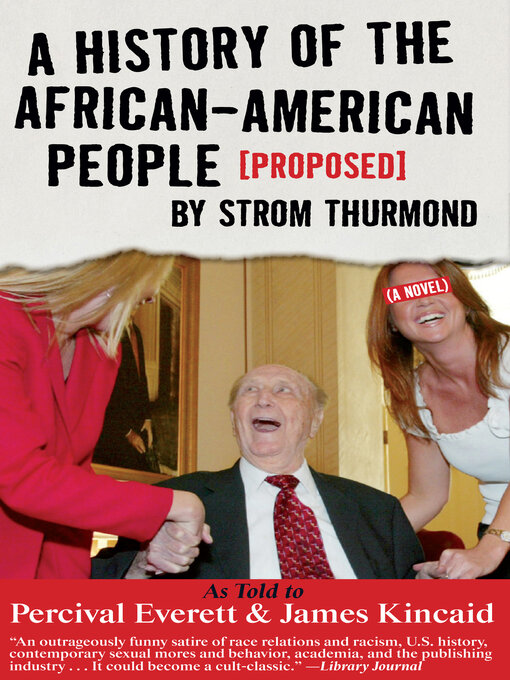- Available now
- New eBook additions
- New kids additions
- New teen additions
- Most popular
- Try something different
- African American Fiction
- Rediscover these titles!
- Urban Fiction
- Provided by a grant from the FINRA Investor Education Foundation
- Westerns
- See all ebooks collections
- Available now
- New audiobook additions
- New kids additions
- New teen additions
- Most popular
- Try something different
- See all audiobooks collections
- Health & Fitness
- Food & Cooking
- Tech & Gaming
- Family & Parenting
- News & Politics
- Business & Finance
- Photography
- Travel & Outdoor
- Home & Garden
- Fashion
- Celebrity
- Kids & Teens
- Comics & Manga
- See all magazines collections


